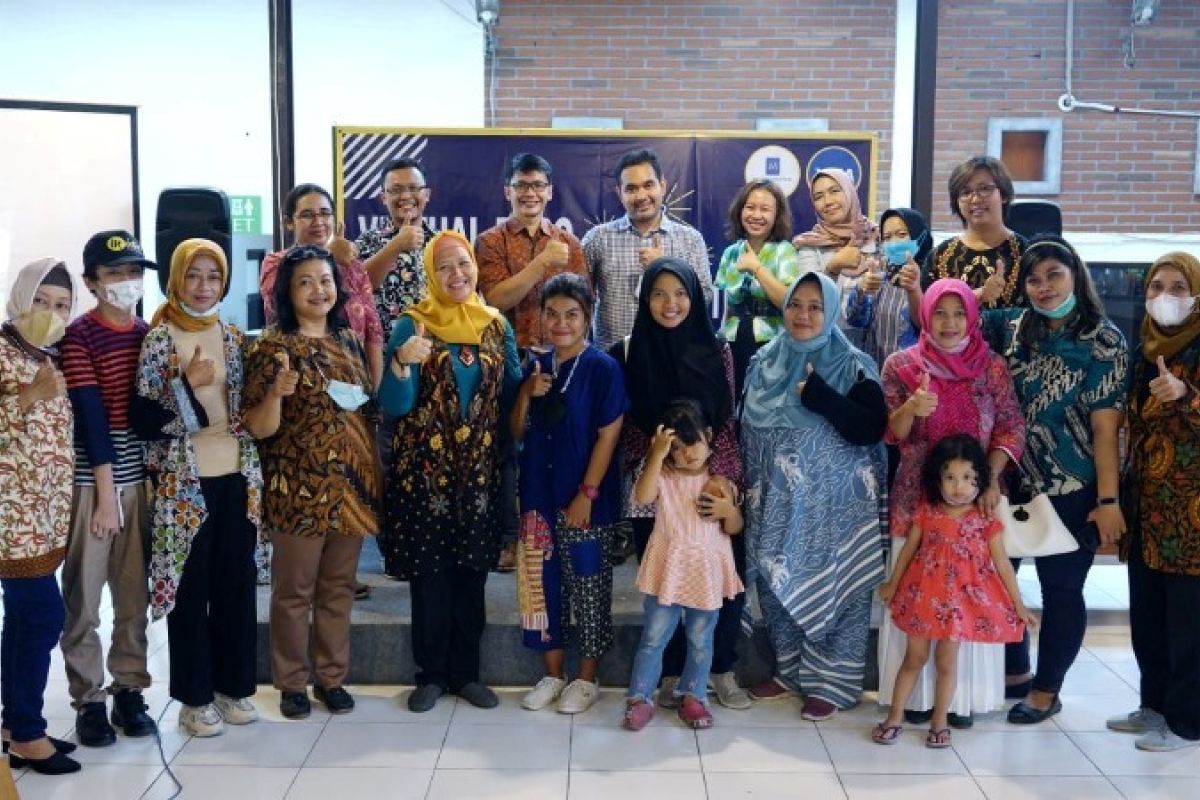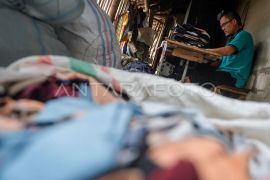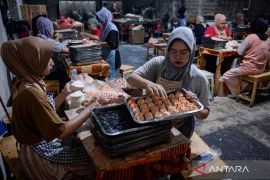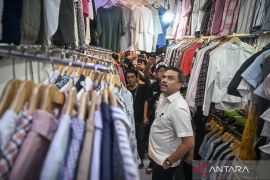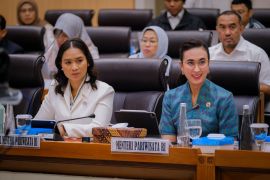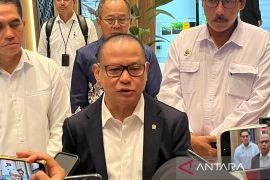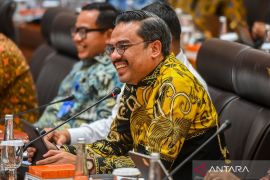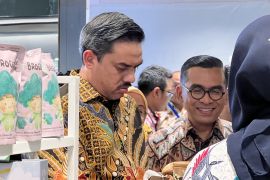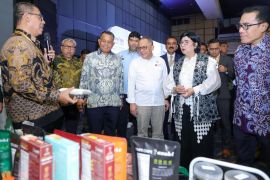"Digitalization or the use of the Internet in transactions is an effective way for MSME entrepreneurs to continue to run their businesses," CIPS researcher Thomas Dewaranu said in an official statement released on Wednesday.
The opportunity for digital business development can be seen from the report of Google, Temasek, and Bain & Company in 2021, he observed.
As many as 28 percent of sellers in the digital market surveyed in the report said that they would not be able to survive the pandemic if they did not take advantage of digital platforms, he noted.
He advised the Ministry of Cooperatives and SMEs to coordinate with Statistics Indonesia (BPS) to compile gender-based MSME data, which is updated regularly, and make it the basis for formulating strategic policies for women MSME players.
"An MSME database that is transparent, comprehensive, disaggregated based on gender will help policymakers design the necessary interventions to support women-owned micro-enterprises," Dewaranu said.
When the data is made available to the public, non-governmental stakeholders are expected to be more informed in taking initiatives to support women-owned micro-enterprises, he added.
Related news: Uniform digital transformation key to digital economy growth: ministry
The researcher expressed the hope that vulnerable micro-enterprise entrepreneurs, including women entrepreneurs, will be prioritized for training, especially those who have not utilized e-commerce platforms at all.
He also said that the government must support MSME digitalization efforts by reducing barriers to online businesses with limited resources through the revision of the Trade Minister’s Regulation Number 50 of 2020, which requires online sellers to have permits.
"Not all micro-enterprises are aware of this licensing obligation. Some consider the process (to get the permit) to be long and expensive, thus closing their opportunities of entering the digital market or even encouraging them to use less secure platforms," he remarked.
Related news: Indonesia ready to hold Digital Transformation Expo during G20 Summit
Translator: Sanya Dinda, Raka Adji
Editor: Rahmad Nasution
Copyright © ANTARA 2022
